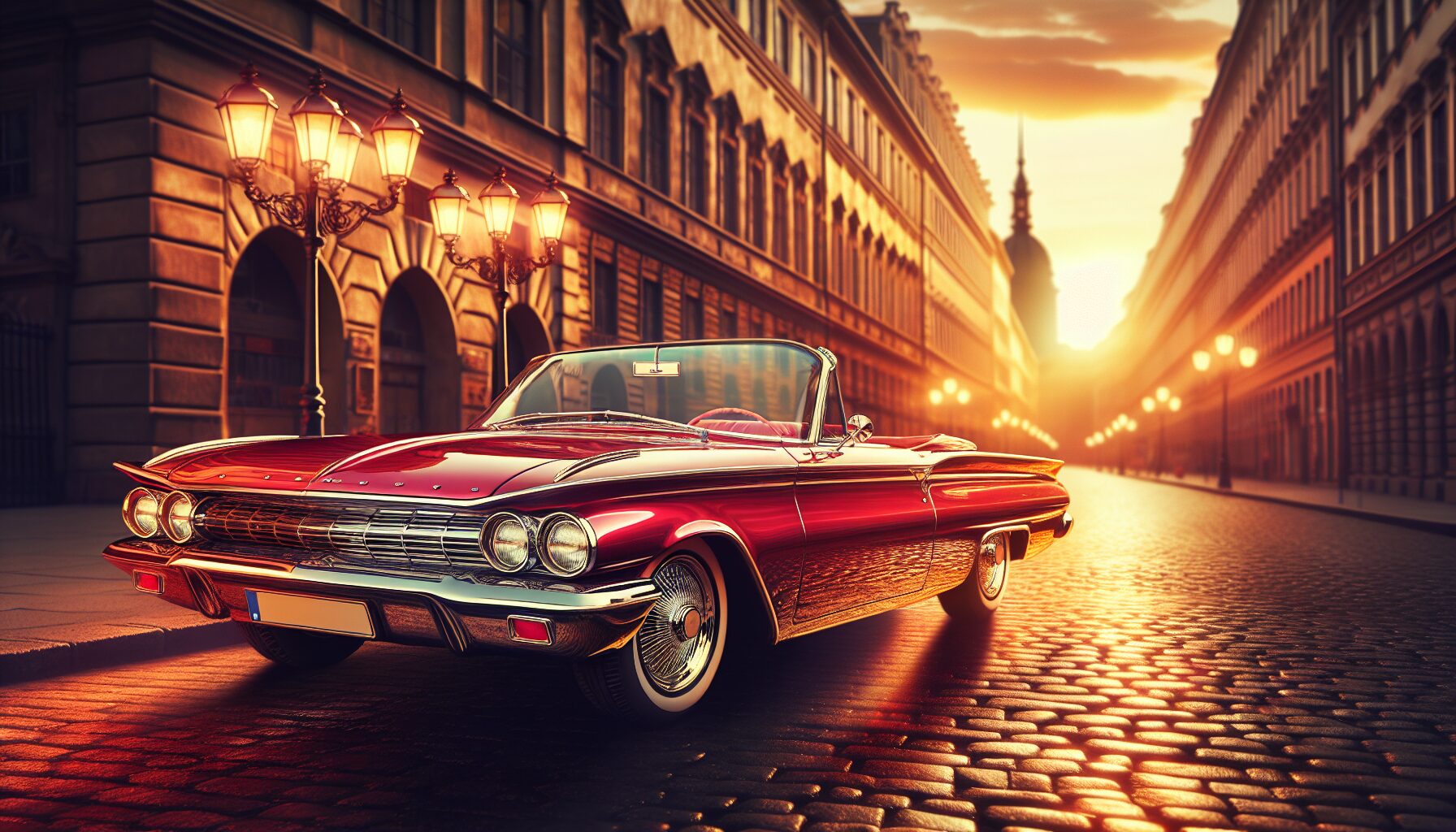The Enduring Allure of Classic Cars
What is it about classic cars that continues to captivate enthusiasts and casual observers alike? Despite the rapid advancement of automotive technology, classic cars retain a unique charm that modern vehicles often lack. These vehicles are not just modes of transportation; they are rolling pieces of history, embodying the design philosophies, cultural trends, and engineering innovations of their respective eras. The nostalgia factor plays a significant role, as classic cars often evoke memories or stories from a bygone era, connecting generations through shared appreciation.
Moreover, classic cars represent craftsmanship and artistry that is frequently absent in today’s mass-produced vehicles. The intricate details, chrome finishes, and distinctive silhouettes are a testament to an era when car manufacturing prioritised aesthetics alongside functionality. This blend of form and function makes classic cars highly desirable collectibles and symbols of status and passion.
Additionally, the resurgence of interest in classic car restoration highlights a growing desire to preserve automotive heritage. Owners and hobbyists invest time and resources into restoring these vehicles to their former glory, often as a way to honour the past and resist the throwaway culture prevalent in contemporary society. This trend underscores the cultural significance and emotional attachment classic cars inspire.
Challenges in Classic Car Ownership
Despite their appeal, owning a classic car presents several challenges that can temper enthusiasm. One significant obstacle is maintenance and parts availability. Unlike modern cars with readily accessible components, classic cars often require specialised parts that may no longer be in production. This scarcity can lead to costly repairs and long waiting times for authentic components.
Another concern is the reliability of older vehicles. Many classic cars lack modern safety features such as airbags, anti-lock braking systems, or advanced stability controls. This can make driving them riskier compared to contemporary cars designed with rigorous safety standards. Additionally, older engines may be less fuel-efficient and emit higher levels of pollutants, raising environmental concerns.
Insurance costs also tend to be higher for classic car owners due to the specialised nature of these vehicles and their potential value as collectibles. Furthermore, storage conditions must be carefully managed to prevent deterioration caused by moisture or temperature fluctuations. These practical considerations mean that owning a classic car requires more than passionit demands dedication and resources.
The Role of Classic Cars in Modern Culture
Classic cars continue to influence modern culture beyond their roles as collector items or hobbyist pursuits. They regularly feature in films, advertisements, and fashion shoots, symbolising elegance, rebellion, or nostalgia depending on the context. This cultural presence reinforces their iconic status and keeps public interest alive.
Car shows and vintage rallies have become major social events worldwide, uniting enthusiasts across diverse backgrounds. These gatherings facilitate knowledge exchange about restoration techniques, historical accuracy, and driving experiences. They also serve as platforms for promoting automotive history education among younger generations.
Interestingly, some manufacturers have begun producing modern vehicles inspired by classic designscombining retro styling with contemporary technology. This fusion reflects an ongoing dialogue between past and present automotive innovation. It also demonstrates how classic cars inspire future trends rather than simply existing as relics.
Conclusion: Balancing Passion with Practicality
Classic cars undeniably hold a special place within the automotive world as symbols of heritage, artistry, and personal identity. Their timeless designs continue to inspire admiration and nostalgia across generations. However, prospective owners must balance their passion with practical considerations such as maintenance complexity, safety limitations, and costs.
The enduring popularity of classic cars suggests they will remain cherished treasures within both private collections and public consciousness for years to come. Their preservation enriches our understanding of technological progress while celebrating creativity from eras past. Ultimately, embracing classic cars means appreciating not only their aesthetic value but also the stories they carrybridging history with present-day enthusiasm.
Notes
- The global classic car market is valued at over $30 billion annually.
- Classic car auctions frequently set multimillion-dollar records for rare models.
- Many vintage vehicles were hand-built with craftsmanship unmatched by today’s automated processes.
- Classic car owners typically spend 10-20% of their vehicle’s value annually on maintenance.
- Retro-inspired modern cars like the Ford Mustang Mach 1 pay homage to classic designs.

